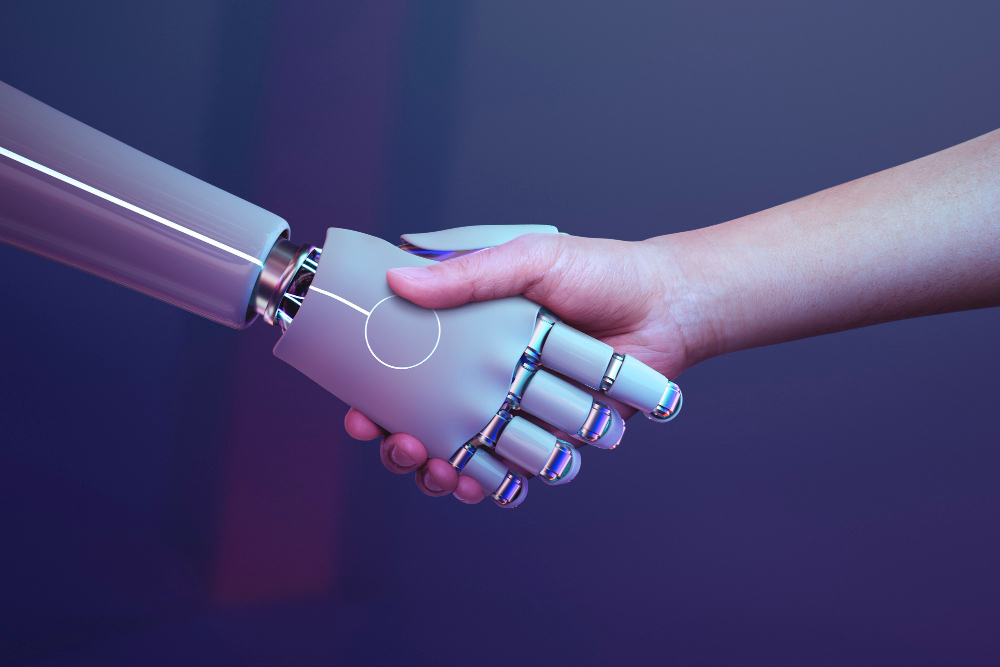Artificial intelligence holds up the tempting promise of continuously learning and developing new data insights that can help your firm advance quickly. The top 10 recent technologies for 2023 now include Adaptive AI, which advances the capabilities of AI by enabling it to take in new knowledge even as it is being developed. In this article, let us take a look on how Adaptive AI system is an emerging trend in 2023?

Artificial Intelligence (AI) that is adaptable may change its own programming to take into account fresh data and lessons it has learnt. With each iteration of a customer-brand contact, adaptive AI may be utilized to continuously improve the consumer experience.
The conversational abilities of AI-Driven Chatbots will be regularly improved, and recommendation engines will advance, producing recommendations that actually resonate with customers. Researchers predict that by 2026, businesses that have implemented AI engineering approaches to create and manage adaptive AI systems will perform at least 25% better than their competitors in terms of operationalizing AI models.
Reinforcement learning and other AI approaches are in Artificial Intelligence to give systems the ability to modify their learning processes and behaviors in order to adapt to shifting real-world conditions while in use.
What is Adaptive AI?
The next evolutionary step is adaptive AI, which combines artificial intelligence with a more sophisticated and dynamic method of autonomously learning. Systems that use Adaptive AI can respond fast to changes in situations that weren’t possible when the AI was first developed. They accomplish this by retraining models on new data on a regular basis and learning in real-time and development settings.
They are especially skilled in operations that ask for immediate response to unexpected shifts or new goals within a digital workplace because they use real-time feedback to adapt their training flexibly and adjust objectives on the fly.
The idea is that Adaptive AI may modify its own code in order to account for changes that weren’t anticipated or known at the time the code was developed. This allows for the inclusion of adaptability and resilience into the architecture so that it can respond quickly to changes. It implies that the “learning” stage of a conventional AI system might be skipped, resulting in the AI really learning what is taking place.
The ability to quickly develop, deploy, adapt, and manage AI across many organizational environments is the benefit of operationalized AI. AI models that incorporate this self-adaptation can grow more quickly and with fewer mistakes. It improves user experience by responding quickly to changing real-world circumstances.
How Adaptive AI is an emerging trend in 2023?
AI engineering offers the fundamental building blocks for process-level operationalization, implementation, and change management that support Adaptive AI Systems. But to effectively implement adaptive AI, change management efforts must be greatly strengthened. If only a few processes related to this concept are changed, the goal will be defeated.
The first step is to provide the groundwork for adaptive AI systems by enhancing existing AI systems with ongoing intelligence process models and event-stream capabilities, and then transitioning to agent-based techniques to offer system components more autonomy.
Integrate clear and quantifiable business ranking through objectively measured systems, as well as embed trust inside the intelligent automation to make it simpler for business users to embrace AI and participate to managing adaptive AI systems.
Top Techniques for Adaptive AI
When deploying adaptive AI, best practices must be adhered to. Reengineering certain processes is the first of these strategies.
- To create adaptive AI systems that can learn from their experiences and modify their behavior in response to changing conditions, IT leaders must reengineer a number of processes.
- Businesses can make judgements that are more flexible and broader when they deploy decision intelligence capabilities.
- By rapidly responding to changes in real-world conditions, Adaptive AI produces a user experience that is superior and faster.
To achieve the greatest success while implementing adaptive AI, adhere to following best practices.
Conclusion
It’s no surprise that one of the most important strategic technological developments of 2023 is the rise of adaptive artificial intelligence. How soon to begin engaging in adaptive AI technology in order to increase digital security and keep ahead of the tech disruption trend may be a secret to some.
Businesses may enhance numerous facets of the employee experience thanks to adaptive AI, including employee recruitment, which is essential for increasing retention. Additionally, it aids businesses in automating procedures and enhancing data-driven decision-making. With all of these advantages, it is imperative to start funding adaptable AI right away.









